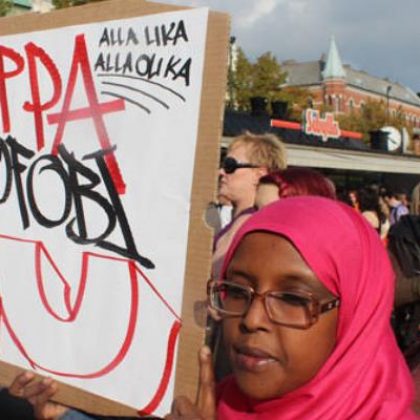Englishes in a multilingual South Africa
South Africa is well-known as a country that has undergone enormous political, social, educational and economic change since the days of apartheid. Independence and democracy can only be said to have arrived as late as 1994, with the negotiated settlement that led to a new non-racial constitution. The constitution recognises eleven of the country’s languages as official; and multilingualism remains a strong force in South African life. Yet while indigenous languages like Zulu, Xhosa and Sotho continue to grow as the majority languages of the country, so too has English, as a first language and – to a larger extent – a second language.
A special issue of English Today focuses on the sociolinguistics and linguistic characteristics of the main varieties of English in the country. The initial article discusses English as a first language offshoot of British English and the role played by the gold-mining city of Johannesburg in the development of a distinct South African English in the late 19th C. Subsequent articles focus on the spread of English and its characteristic features in different communities.
Black South African English is the variety that has prospered the most since 1994, being a major variety to be heard in the media, in parliament, at public gatherings and so forth. The major grammatical characteristics of this variety spoken as a second language are discussed from the vantage point of corpus linguistics in two of the articles.
Social change evident in the deracialising schooling systems has brought about immense changes in young peoples’ speech repertoires. In this regard one article explores the attitudes of young Black students at high school in relation to cultural and linguistic diversity. Another documents a shift in dominance amongst young Coloured people in the Western Cape from a bilingualism that previously had English as a second language to one that plays down Afrikaans in favour of English.
Two studies focus on Asian migrants in South Africa. The first discusses lexicographical work pertaining to the country’s Indian community; the second discusses adaptations made by new Chinese migrants in South Africa, showing the importance of Xhosa as well as English in rural Eastern Cape settings. Other articles examine the nature of literary translation using South African English as a medium. Three short book notices on varieties of English in South Africa round off the issue.
Follow this link to read the entire special issue of English Today
Blog post written by Rajend Mesthrie.






